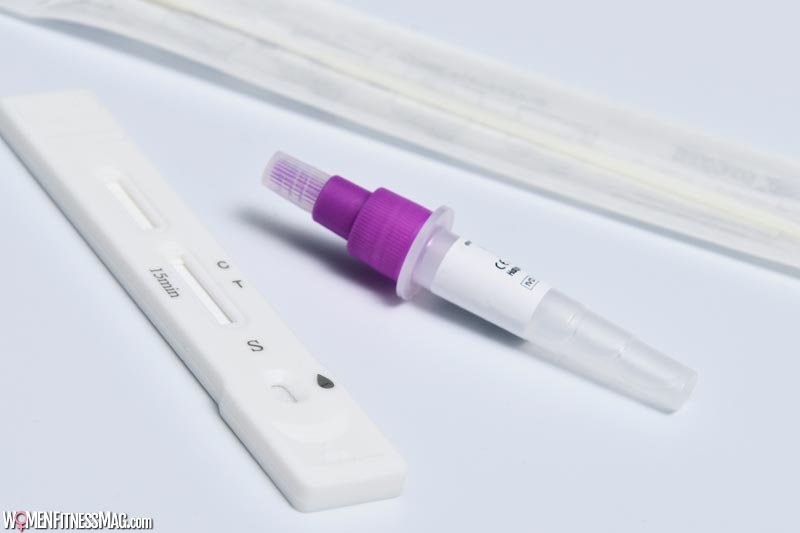A Guide to DIY Health Testing: How to Get Started : In recent years, there has been a growing interest in taking charge of our own health and well-being. DIY health testing provides a convenient and proactive approach to monitor various aspects of our health. With the advancement of technology, it is now possible to conduct certain health tests from the comfort of our own homes.
Why DIY Health Testing at Home?
Taking control of your health begins with awareness, and health testing at home offers several advantages:
- Convenience: Conducting health tests at home saves you time and effort. No more scheduling appointments or waiting in long queues at the clinic. You can test yourself at your convenience and in the comfort of your own home.
- Privacy: Some health concerns may be sensitive or personal. By testing at home, you can maintain your privacy and have more control over who has access to your health information.
- Early detection: Regular health testing allows for the early detection of potential health issues. By identifying problems early, you can seek appropriate medical attention and make necessary lifestyle changes to prevent further complications.
- Proactive approach: Home health testing empowers you to take a proactive approach to your health. You can track your progress over time, make informed decisions, and work towards maintaining optimal health.
Types of DIY Health Tests
There is a wide range of health tests available for at-home use. Here are some common types:
- Blood tests: Blood testing kits allow you to assess various aspects of your health, such as cholesterol levels, blood glucose levels, vitamin deficiencies, and hormonal imbalances. These tests often require a small blood sample, which can be obtained through a finger prick.
- DNA testing: DNA testing kits provide insights into your genetic makeup and can help identify potential health risks, hereditary conditions, and even ancestry information. They typically require a saliva or cheek swab sample.
- Urine tests: Urine tests can provide valuable information about kidney function, liver health, and urinary tract infections. These tests often involve collecting a urine sample and using test strips or specialised kits to analyse the results.
- Allergy tests: If you suspect you have allergies, at-home allergy tests can help you identify specific allergens that trigger your symptoms. These tests often involve collecting a blood sample or using a skin prick test.
Getting Started with DIY Health Testing
Here are some essential tips to help you get started with DIY health testing:
- Research and choose reliable testing kits: Before purchasing any health testing kit, do thorough research and select reliable, well-established brands. Look for kits that have been approved by regulatory bodies and have positive customer reviews.
- Follow instructions carefully: Each testing kit comes with specific instructions. It’s crucial to read and follow them carefully to ensure accurate results. Improper sample collection or mishandling can lead to unreliable outcomes.
- Consult a healthcare professional: While DIY health testing provides valuable insights, it’s essential to remember that they are not a substitute for professional medical advice. If you have concerns or receive abnormal results, consult with a healthcare professional for further evaluation and guidance.
- Keep records and track progress: Maintain a record of your test results and monitor any changes over time. This can help you identify patterns, evaluate the effectiveness of interventions, and communicate effectively with healthcare providers.
DIY health testing provides a convenient and proactive approach to monitor and take charge of your own health. By conducting tests at home, you can save time, maintain privacy, and potentially detect health issues early. Remember to research and choose reliable testing kits, follow instructions carefully, and consult with healthcare professionals for further guidance.
With the right approach and regular monitoring, DIY health testing can empower you to make informed decisions and work towards achieving optimal health and well-being. However, remember that home health testing is just one piece of the puzzle, and it should always be complemented by regular check-ups and consultations with healthcare professionals.
Take control of your health and embark on a journey towards a healthier future with DIY health testing.
Related Videos about A Guide to DIY Health Testing: How to Get Started :
A Guide to DIY Health Testing: How to Get Started
how to check your health at home, check your health test, check your health at-home kit, check your health in 5 minutes, self health check, health check up, check on your health meaning, general health check-up checklist,




